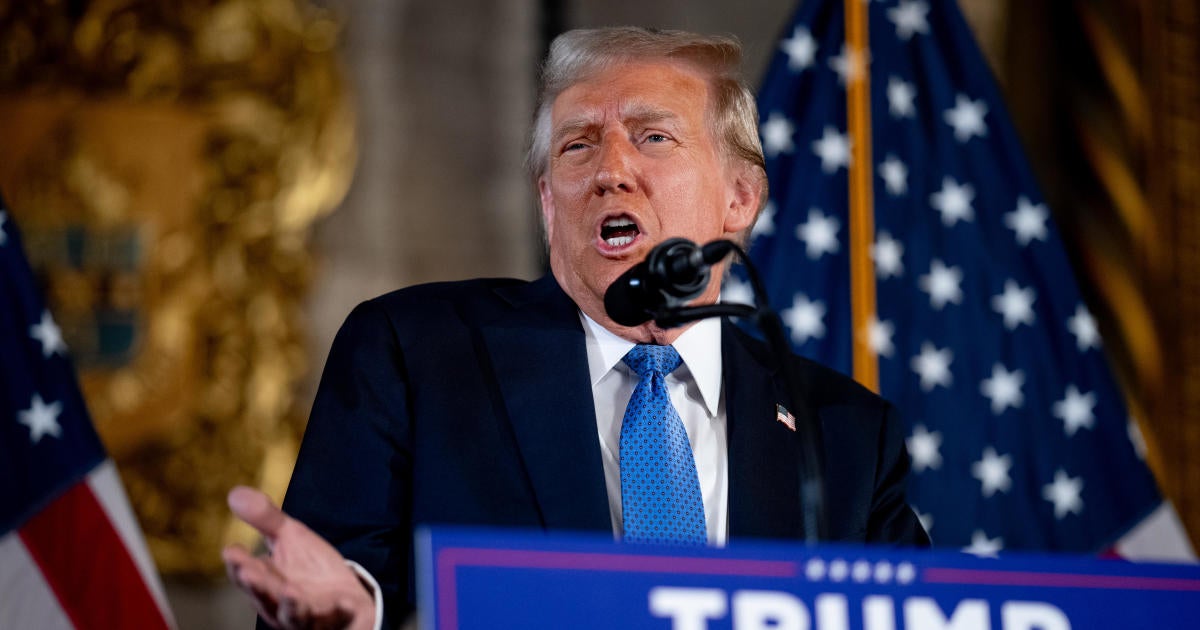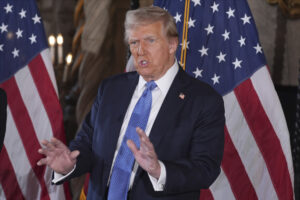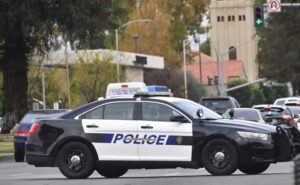
President-elect Donald Trump’s criminal conviction in state court remains on the books Monday, after a New York judge rejected an effort by Trump to have the case tossed based on a landmark Supreme Court ruling.
Justice Juan Merchan found that a July Supreme Court ruling granting Trump presidential immunity for official acts did not preclude a jury from finding him guilty after a criminal trial this spring.
Merchan wrote that evidence shown at trial pertained “entirely to unofficial conduct.”
“If error occurred regarding the introduction of the challenged evidence, such error was harmless in light of the overwhelming evidence of guilt,” Merchan wrote.
Merchan had been slated to rule on Nov. 12 on whether presidential immunity should have prevented jurors from seeing certain evidence at Trump’s trial this spring, but he postponed his decision. Merchan said at the time he wanted to hear from prosecutors about how to proceed with the case, which entered uncharted terrain when Trump was reelected president.
Since then Trump filed another motion to dismiss the case, arguing that his forthcoming return to the White House required it.
Prosecutors for Manhattan District Attorney Alvin Bragg have fought that effort, saying there’s no law that requires dismissing a state case after conviction because the defendant was elected to the presidency.
Trump is the first person in American history to win the presidency after being convicted of crimes. He was also the first former president to face trial for crimes.
A unanimous jury found him guilty of felonies in May. Weeks later, the Supreme Court ruled former presidents are immune from prosecution for official acts. The nation’s highest court said in that decision that evidence related to Trump’s work as president could not be used at trial.
Trump’s lawyers argued the Supreme Court’s ruling meant the conviction should be set aside, and the indictment thrown out. They argued that his trial included testimony from former White House staff that should have been barred.
Bragg’s office said in opposing the motion to dismiss that the testimony called into question was, “a sliver of the mountains” of evidence in the case.
Merchan wrote in his ruling that Trump’s lawyers failed to object during the trial to testimony it considered improperly admitted.
The jury found that Trump committed 34 felonies in authorizing a plan to conceal reimbursements to Michael Cohen, his former attorney and fixer. Cohen paid $130,000 to adult film star Stormy Daniels, days before the 2016 presidential election, in exchange for her silence about an alleged sexual encounter with Trump.
Trump entered a not guilty plea and vehemently denies Daniels’ story.



